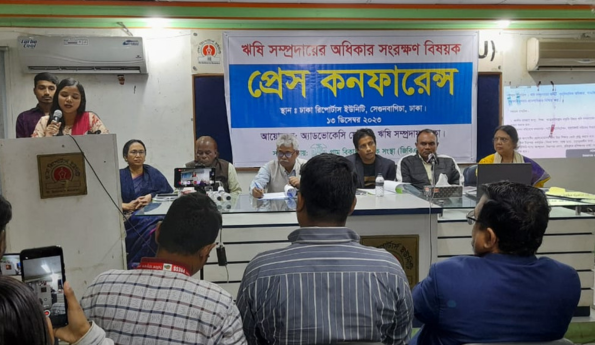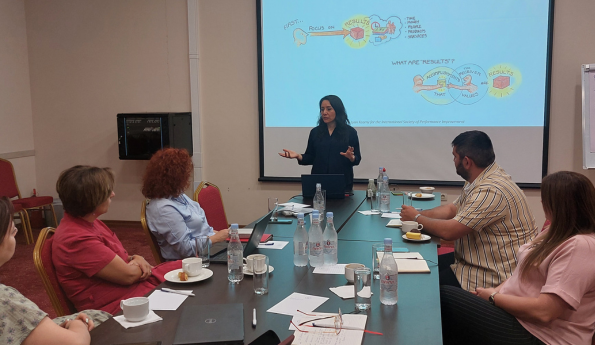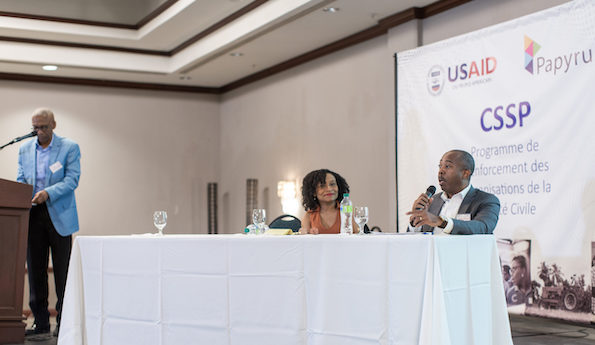Erkinbek Kasybekov is a former Counterpart staff member who worked with our team in the Kyrgyz Republic in the 1990s. We recently sat down with him to learn firsthand about his experience in leading Counterpart’s activities alongside civil society in the country and the region. With concerns around the continued narrowing of civil space, we also explored opportunities to support civil society in Kyrgyz Republic today.
Following the collapse of the Soviet Union in the 1990s, Counterpart International helped to pave the way for civil society in the region through the USAID-funded NGO Consortium Support Initiative, which aimed to establish and support democratic and sustainable organizations. Erkinbek Kasybekov was a biologist and an aspiring activist living in the Kyrgyz Republic when Counterpart recruited him to join the recently opened office in the country that would lead the implementation. As Kasybekov tells us, “Civil society and NGOs, the concept was completely new. We, through the Soviet legacy, had some so-called NGOs—so called because they were controlled and subsidized by the government—but this was a new concept, a new paradigm.”
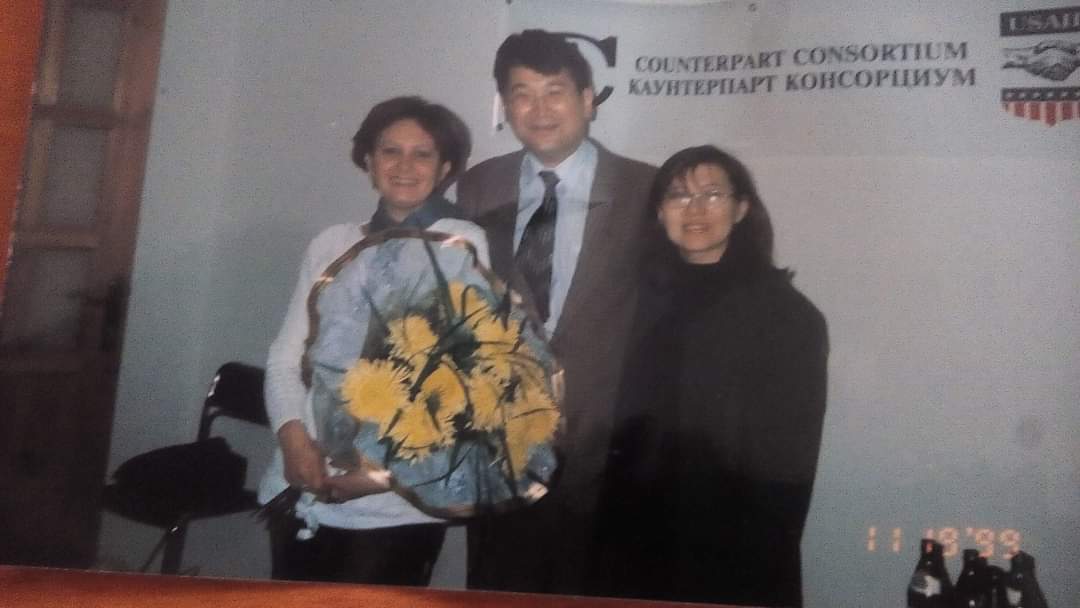
Counterpart NGO trainers Elena Dolgova, Erkinbek Kasybekov, and Zhanna Rysakova, circa 1996-1997.
Counterpart’s approach was different from other implementing partners at the time—it aimed to create local opportunities to build and sustain NGOs, but it also prioritized the development of staff members, such as Kasybekov, to strengthen their understanding of technical concepts in development. “What I liked the most about [Counterpart] when I joined, literally the next week I was sent to a training. At the time, this was something completely new. Because according to the old paradigm you would do your study at school and ‘okay, now you’re ready to go.’ And here [at Counterpart], learning continues throughout your life,” Kasybekov shares.
The NGO Consortium Support Initiative worked with NGOs across technical sectors (climate and sustainability, agriculture, women, and youth) with a particular focus on supporting community groups in rural areas. It provided training that was helpful to the organizations and strengthened their overall financial, management, and technical capacity. It originally started with USAID funding, and eventually diversified with funding from the European Union and others, who saw the program’s success and wanted to expand both the efforts and impact.
Counterpart’s strategic approach to governance was seemingly ahead of its time. “What was good about the approach of Counterpart is that it was a real learning organization; learning was a philosophical foundation of the organization,” Kasybekov says. “Each quarter we would go somewhere, or somebody would come to us to train us on new topics. Then we would use [what we learned] and organize our own trainings at the country level, so it was a cascading approach. We were able to train hundreds of NGOs in this way.”
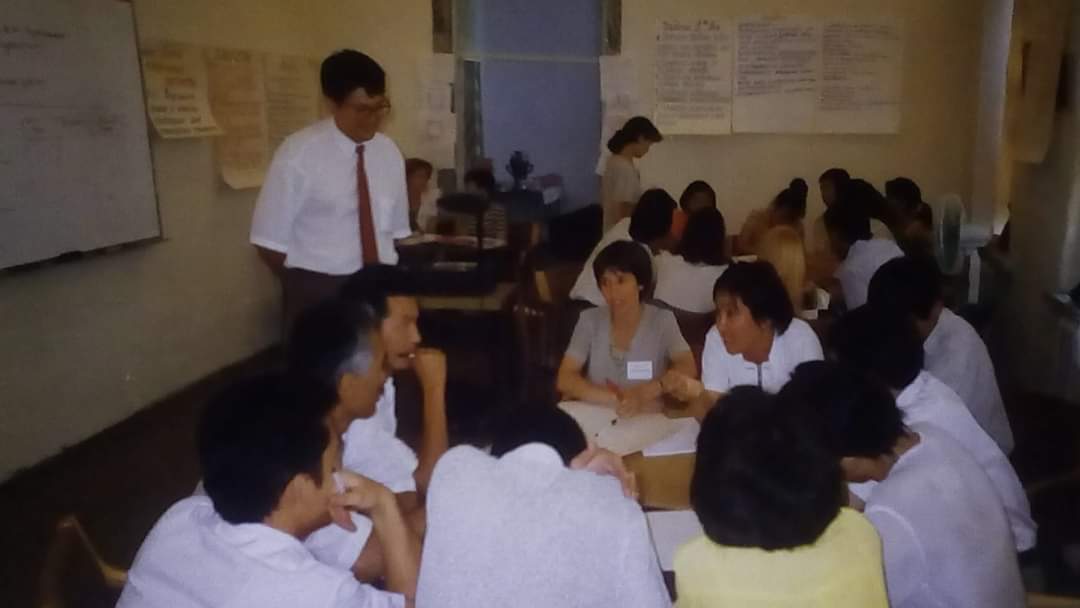
Training for the Kyrgyz NGOs in Bishkek, 1995.
Counterpart worked closely with local community leaders, conducting trainings, and mentoring them on a variety of skills that included proposal writing, grant management, financial management and technical reporting. By focusing on community leaders, Counterpart was intentionally building local capacity to lead these trainings in the future, ensuring that the skills and expertise would be developed in country and would be able to continue without Counterpart support. “The strength of Counterpart’s approach was to build local capacity,” says Kasybekov. “We would train trainers from local NGOs, and we would delegate all of our functions to them, and from that time I no longer ran trainings on a regular basis.”
Kasybekov recalls what a unique period this was, and how “NGOs were being established like mushrooms after the rain; local partners were very keen to get new knowledge about NGO development.” Eager to build more capacity and expand impact further, Counterpart developed a network of civil society support centers. These networks became central to capacity building in remote areas, and one support center is still active in Kyrgyz Republic today. This network approach is something Counterpart continued to do across the Central Asia region in the following years. It is an approach that has been refined many times since launching it in Kyrgyz Republic, and it has generated interesting lessons and best practices regarding local development, improving sustainable outcomes, and participatory learning.
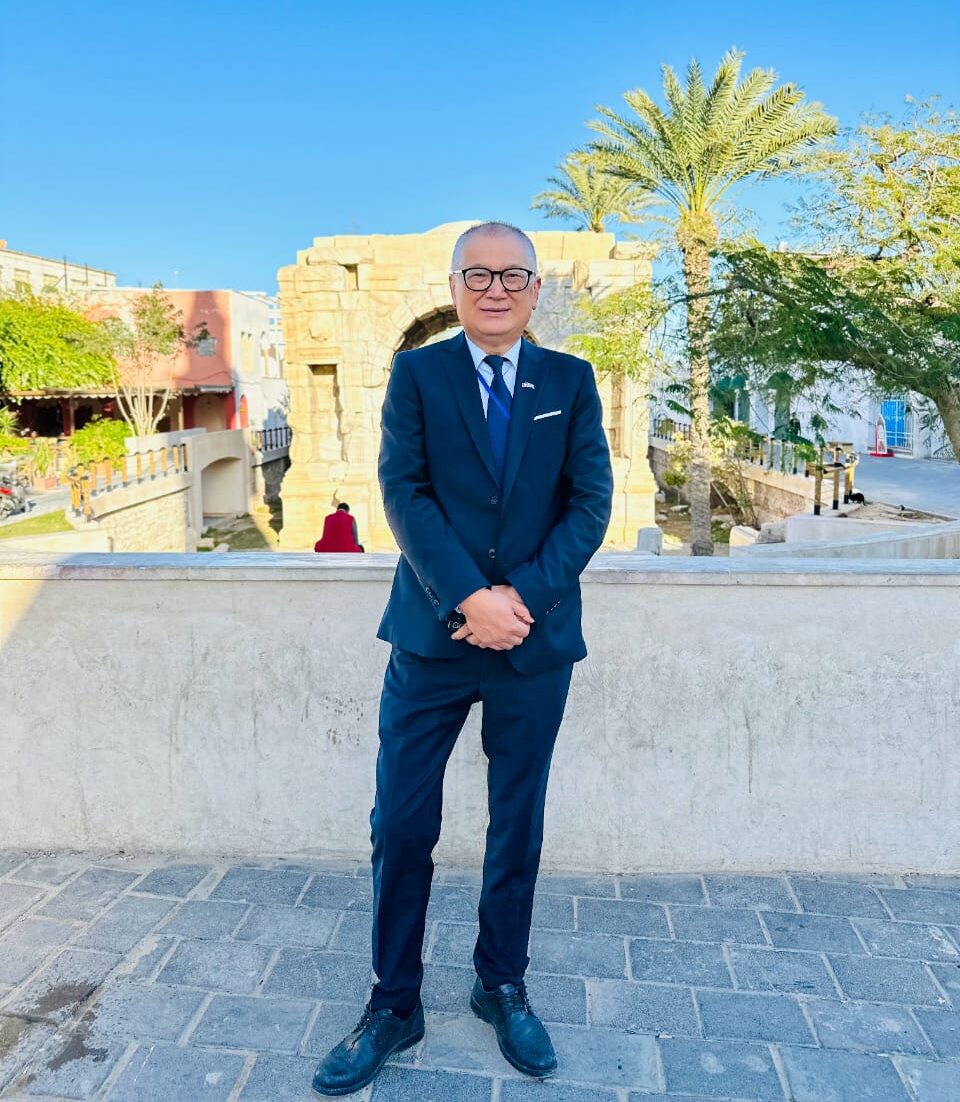
Former Counterpart employee and current project manager for UN Development Programme Libya Erkinbek Kasybekov today.
Capacity building in action
During the revolution in 2010, Kasybekov recalls how law and order fell apart as the government struggled to provide basic security or services for its citizens. Where earlier there might have been a void, civil society in the Kyrgyz Republic was well positioned to fill that need.
Local NGOs organized a “humanitarian corridor” through which supplies and food could make their way to more rural communities safely and efficiently. Local community leaders established resource centers and collection points. Community members and NGOs created a safe space in the absence of police by forming a volunteer community police force. Women, who felt safe and secure thanks to these measures, were then able to come together to cook and provide food for the volunteers. Kasybekov recalls, “the entire community worked together…We trained certain groups and the knowledge would trickle down to the entire community.” Several of the youth community leaders during this time later became members of Parliament.
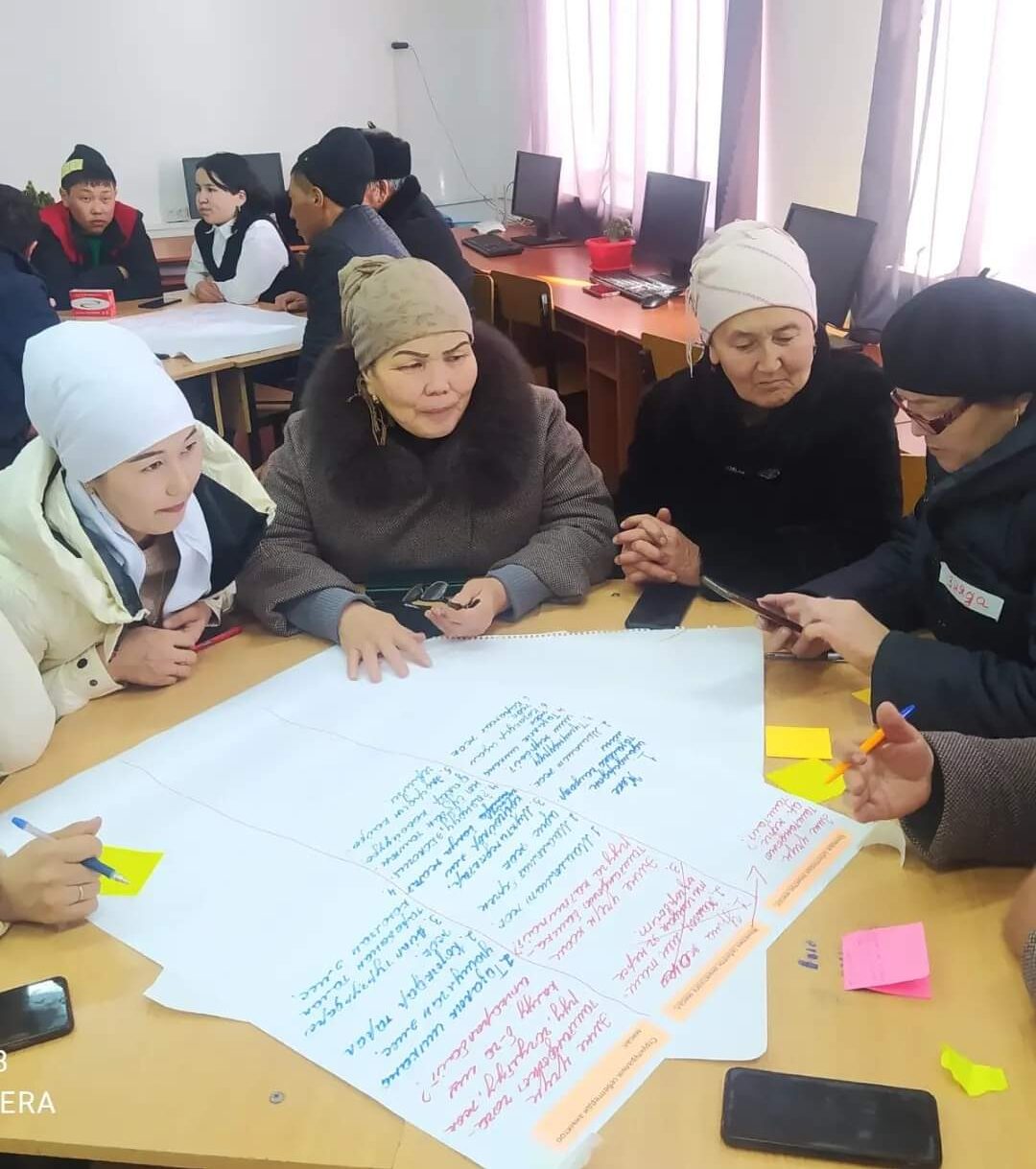
Nookat civil society support center continues to provide facilitation skills training today.
Counterpart’s legacy and a new window of opportunity
Counterpart’s locally led approach is important to enhance the sustainability of civil society organizations, ensuring better access to local resources and the inclusive representation of their constituents. Kasybekov notes, “[NGOs] are in great need of capacity development, localization of different activities, reaching out to remote areas… Very often, remote areas are forgotten.” Of critical importance are NGOs advocating for the green economy and the digital economy, and fighting climate change.
Kasybekov is proud of Counterpart’s emphasis on being a true learning organization. He cites the NGO networks and their lasting impact on the country. “We created a civil society architecture which was self-sustaining. The civil society support networks are still there!”



